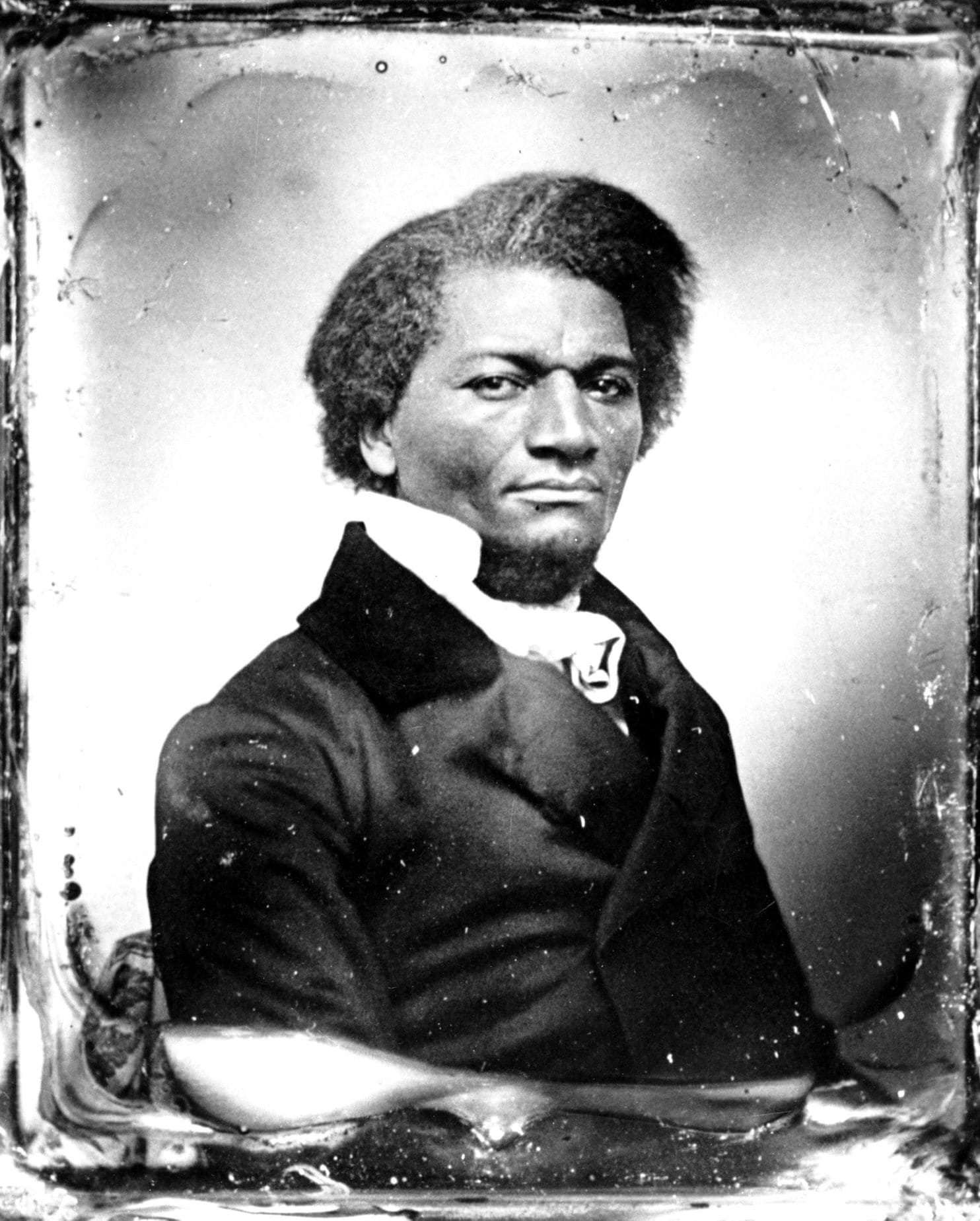
8.4.2 Narrative Life of Frederick Douglass
Assessment
•
DAVID MOLINARO
•
English
•
8th Grade
•
953 plays
•
Hard
Improve your activity
Higher order questions
Match
•
Reorder
•
Categorization
.svg)
actions
Add similar questions
Add answer explanations
Translate quiz
Tag questions with standards
More options
18 questions
Show answers
1.
Multiple Choice
Douglass was “making friends of all the little white boys” (paragraph 1) most likely because __________.
he did not want to be seen with any fellow slaves
he knew that they could read and he could not
he did not know what to do with his extra bread
he hoped that one of them could convince his owner to free him
2.
Multiple Choice
Narrative of the Life of Frederick Douglass is told in the __________ tense, from a ___________ point of view.
present; first person
present; third person
past; first person
past; third-person
3.
Multiple Choice
Douglass does not reveal the names of the boys who taught him to read most likely because ___________.
he wishes that he never learned to read and would like to put it behind him
he had long forgotten who they were
he is still angry at them for having their freedom
it was illegal teach slaves to read and he does not want them to get in trouble
4.
Multiple Choice
What does the following passage mainly reveal about the life of Frederick Douglass (paragraph 4)?
“As I read and contemplated the subject, behold! that very discontentment which Master Hugh had predicted would follow my learning to read had already come, to torment and sting my soul to unutterable anguish.”
Douglass’s owner had warned him that learning to read would cause him pain.
Douglass only learned how to read in order to find out how to free himself.
Douglass was threatened with whippings from his owner if he learned how to read.
Master Hugh sympathized with Douglass because he also did not know how to read.
5.
Multiple Choice
Which is most closely a central idea of this excerpt?
No one felt sorry for the plight of slaves except for slaves themselves.
Reading cannot change how you feel about things.
The process of self-discovery can be a painful one.
Children should not be learning about adult subjects.
6.
Multiple Choice
Which sentence from the text most strongly supports the correct answer to Question 5?
“As I writhed under it, I would at times feel that learning to read had been a curse rather than a blessing.”
“These words used to trouble them; they would express for me the liveliest sympathy, and console me with the hope that something would occur by which I might be free.”
“The moral which I gained from the dialogue was the power of truth over the conscience of even a slaveholder.”
“When I was sent of errands, I always took my book with me, and by going one part of my errand quickly, I found time to get a lesson before my return.”

Explore this activity with a free account
Find a similar activity
Create activity tailored to your needs using
.svg)

Transcendentalism
•
10th - 11th Grade

Frederick Douglass
•
3rd Grade

Tier One Words
•
KG - 1st Grade

Olaudah Equiano
•
11th Grade

American Transcendentalism
•
10th - 11th Grade

The People Could Fly
•
7th Grade

Harriet Tubman and the Underground Railroad
•
2nd Grade

Harriett Tubman
•
3rd Grade